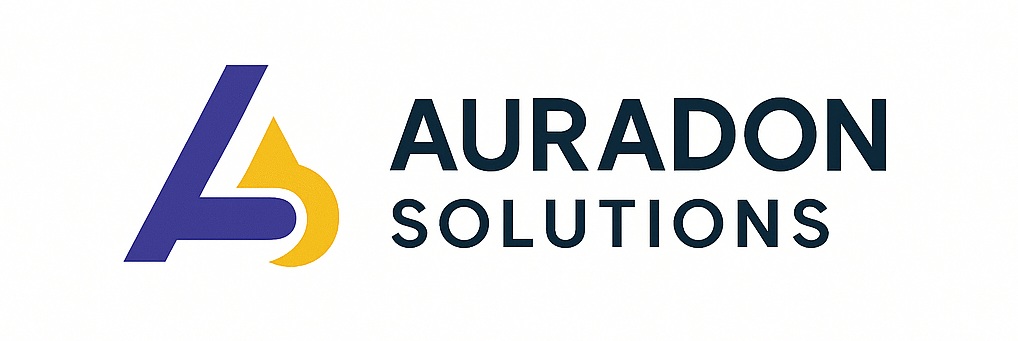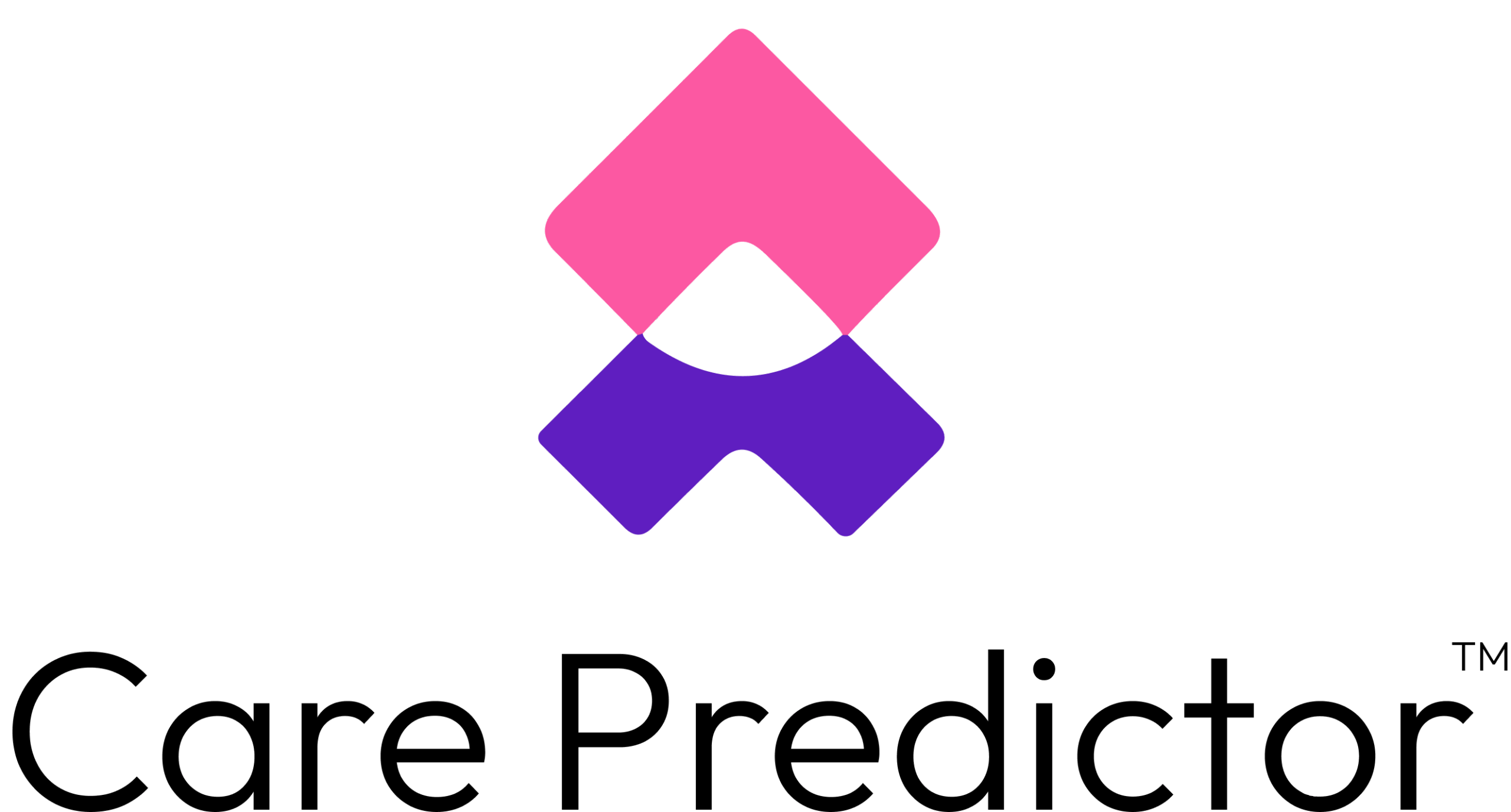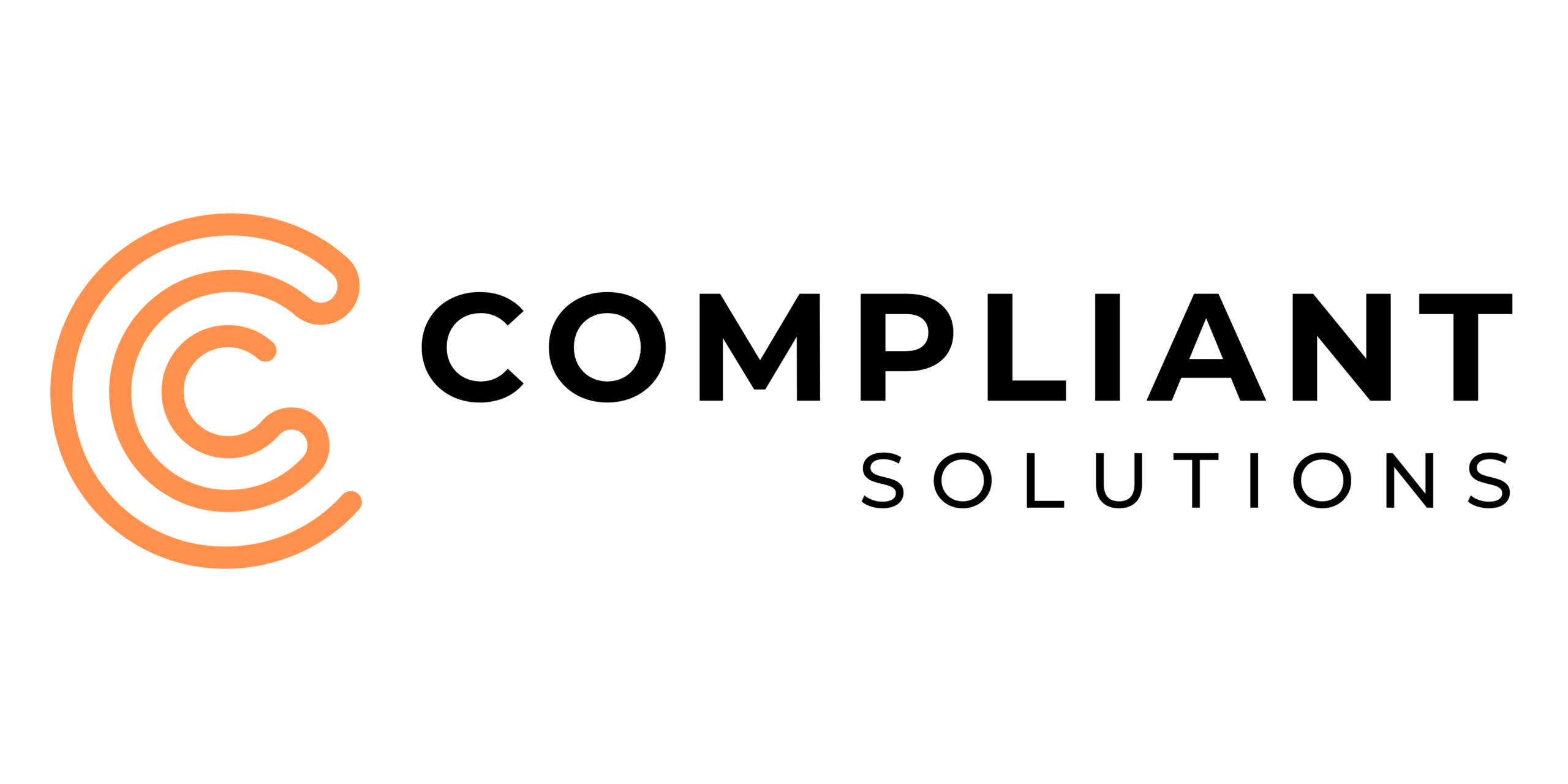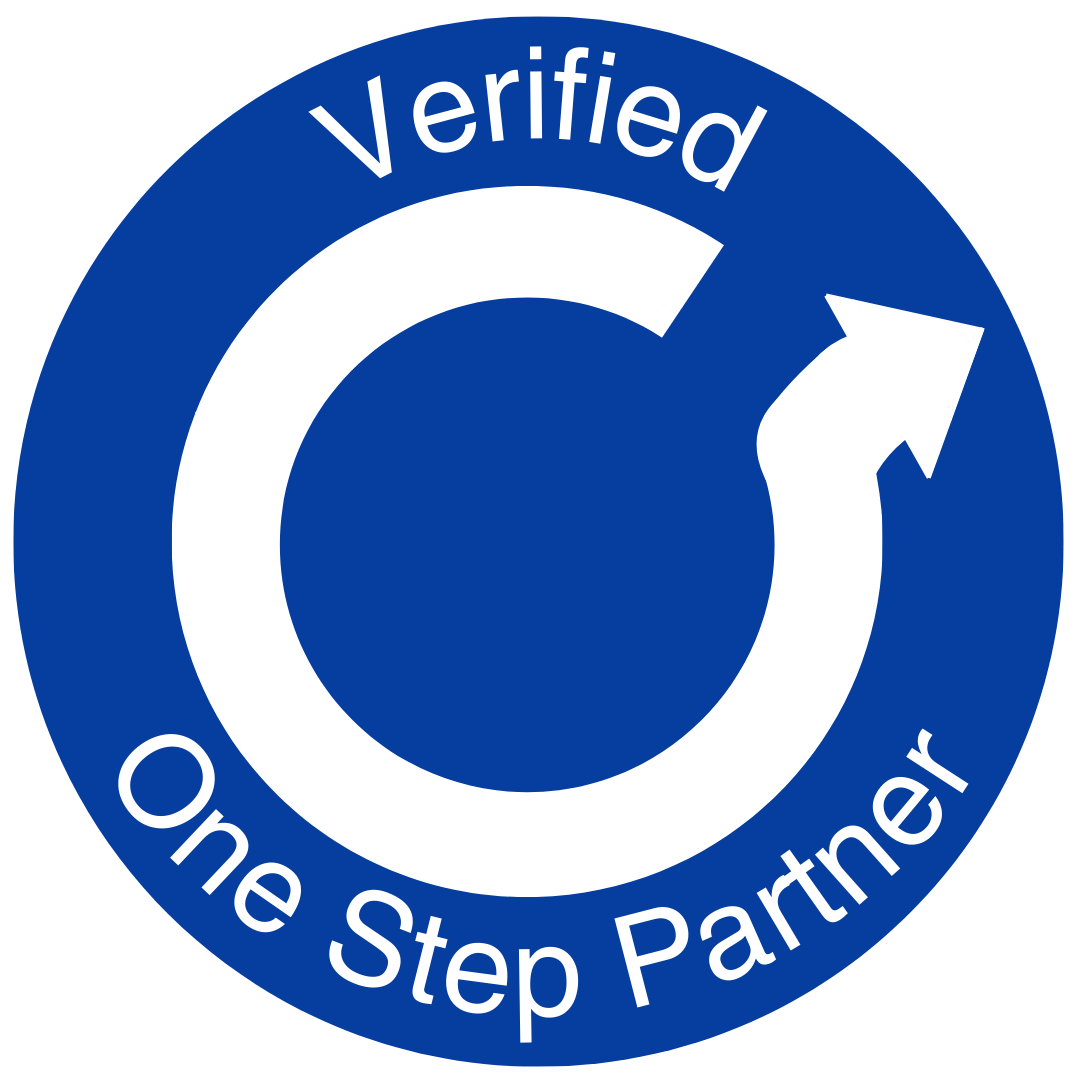Mississippi Behavioral Health Facility Licensing: Steps and Requirements
Are you planning to open a detox center, substance use disorder (SUD) treatment facility, or mental health treatment program in Mississippi? To launch successfully, you must follow the Mississippi Department of Mental Health (DMH) licensing requirements and ensure your program is eligible for Mississippi Medicaid reimbursement. Compliance with DMH standards is critical whether you are building a Withdrawal Management program (detox), Residential SUD treatment facility, Intensive Outpatient Program (IOP), Partial Hospitalization Program (PHP), or a licensed Mental Health Center. Securing the right license through the Mississippi Department of Mental Health is the first step toward opening your doors, serving patients, and avoiding costly delays.
Mississippi is unique in that many professionals working in state-certified behavioral health programs must hold credentials issued directly by the Department of Mental Health (DMH) through its Professional Licensure and Certification (PLACE) division. These credentials—such as Certified Mental Health Therapist (CMHT) or Certified Addictions Therapist (CAT)—are not substitutes for traditional licenses like LMSW or LCSW, but additional requirements tied specifically to employment within the state mental health system. This dual-track model of professional oversight is unusual compared to most states, where a single licensing board handles credentialing.
Another Mississippi distinction is its emphasis on enforceable ethical standards within DMH-credentialed practice. Through PLACE, the state not only certifies professionals but also holds them to a codified code of conduct, with an active review board overseeing appeals, supervision, and disciplinary matters. Few states combine licensure, ethics enforcement, and program certification under a single umbrella in the way Mississippi does, making it a standout in how it governs the behavioral health workforce.


In Mississippi, behavioral health facilities are licensed and regulated by the Mississippi Department of Mental Health (DMH). DMH serves as the single authority for certifying Substance Use Disorder (SUD) treatment programs, Withdrawal Management (Detox), Residential and Outpatient Mental Health Services, and Psychiatric programs. The specific licensure requirements depend on the level of care offered and the population served.
Licensing for Substance Use Disorder (SUD) Facilities
Facilities offering SUD treatment in Mississippi—including Withdrawal Management (Detox), Residential Treatment, Partial Hospitalization Programs (PHP), and Intensive Outpatient Programs (IOP)—must obtain certification from DMH’s Bureau of Alcohol and Drug Services (BADS). Programs are expected to demonstrate alignment with ASAM criteria, maintain qualified staff, and implement policies that ensure patient rights, safety, and continuity of care.
Detox / Withdrawal Management
Withdrawal Management programs must show the capacity to provide 24/7 medically supervised stabilization. Requirements include staffing by licensed professionals, protocols for safe detoxification, emergency procedures, and referral systems for step-down treatment.
Residential Treatment Centers for SUD
Residential programs must meet DMH standards for clinical staffing, treatment planning, therapeutic programming, and safe living environments. Providers must demonstrate structured, evidence-based practices consistent with ASAM levels of care.
PHP and IOP for SUD
PHP and IOP programs must maintain structured daily or weekly schedules, ensure access to licensed clinicians, and provide documented treatment planning, progress reviews, and discharge planning. DMH requires clear documentation standards and compliance with ASAM-aligned service delivery.
Licensing for Mental Health Facilities
Mental health facilities in Mississippi—including Community Mental Health Centers (CMHCs), residential programs, and outpatient clinics—must be certified by DMH under the Division of Certification. Programs must meet staffing, service delivery, and documentation standards that align with evidence-based treatment and patient safety requirements.
Residential Treatment Centers for Mental Health
Facilities providing 24-hour therapeutic care must submit policies and staffing plans that demonstrate crisis response capacity, individualized treatment planning, and qualified mental health professionals on staff. Programs are expected to integrate evidence-based care and maintain safe therapeutic environments.
PHP and IOP for Mental Health
Mental health PHP and IOP programs must provide intensive clinical programming that includes therapeutic groups, psychiatric oversight, and multidisciplinary staffing. DMH requires facilities to maintain treatment plan reviews, daily progress documentation, and safety protocols consistent with state standards.
Licensure for behavioral health and substance use disorder programs in Mississippi is administered by the Mississippi Department of Mental Health (DMH). All facilities must obtain DMH certification before providing services. Certification applies to Withdrawal Management (Detox), Residential SUD programs, outpatient levels of care including PHP, IOP, and OP, as well as Mental Health Centers. Facilities must also meet Mississippi State Department of Health (MSDH) environmental and life-safety requirements, and all staff must comply with required background checks.
Define your services and level of care
Decide whether your program will operate as a Withdrawal Management (Detox) program, a Residential Substance Use Disorder Treatment facility, a Partial Hospitalization (PHP) or Intensive Outpatient (IOP) program, or a Mental Health Clinic/Center. Your program type determines which DMH certification standards apply, and all services are expected to align with ASAM criteria.Prepare and submit an application to DMH
Applications are submitted to the DMH Division of Certification. The application must include a detailed program description, governance and organizational structure, clinical protocols and policies aligned with ASAM levels of care, staffing models with job descriptions and credentialing requirements, and proof of compliance with facility and environmental standards.Complete background checks and staffing compliance
All owners, operators, and staff must complete required criminal background checks through MSDH. Certain clinical roles may also require DMH PLACE credentialing, such as Certified Mental Health Therapist or Certified Addictions Therapist, if the facility is part of the state mental health system.Develop facility policies and ensure site readiness
Facilities must draft and submit written policies covering patient rights and grievance procedures, documentation and treatment planning standards, discharge and referral protocols, emergency preparedness, infection control, and staff training and supervision. The physical site must meet all safety, accessibility, and fire/life safety standards.DMH site review and approval
The DMH Division of Certification conducts an on-site survey to verify compliance. Any deficiencies must be corrected before certification is granted.Enroll as a Mississippi Medicaid provider
After certification, facilities can apply for enrollment with the Mississippi Division of Medicaid to serve Medicaid beneficiaries.Maintain ongoing compliance
Facilities must continue to follow DMH standards, participate in monitoring visits, undergo quality assurance reviews, and update policies as required. Certification renewal must be completed on schedule to remain in good standing.


In Mississippi, all behavioral health and substance use disorder (SUD) facility licensing is overseen by the Mississippi Department of Mental Health (DMH). Unlike states that divide oversight between multiple agencies, DMH is the single authority for certifying programs across both mental health and substance use services. Certification standards apply depending on the type of service offered.
Substance Use Disorder services require DMH certification for Withdrawal Management (Detox), Residential programs, Partial Hospitalization Programs (PHP), Intensive Outpatient Programs (IOP), and other outpatient levels of care. DMH requires programs to demonstrate alignment with ASAM criteria for service delivery, treatment planning, and patient rights.
Mental health services, including Community Mental Health Centers and outpatient programs such as PHP and IOP, must also be certified by DMH. Standards cover qualified mental health professionals, individualized treatment planning, crisis response, and evidence-based service delivery.
Facilities must also comply with Mississippi State Department of Health (MSDH) requirements for building safety and environmental standards. All staff and owners are subject to criminal background checks as part of the certification process.
Key requirements for licensing in Mississippi include:
Compliance with state regulations. Facilities must meet DMH certification standards and demonstrate operational readiness. Requirements include appropriate staffing and supervision, adherence to ASAM criteria for SUD or DMH clinical standards for mental health, infection control and emergency preparedness policies, and clear documentation and patient rights procedures.
Staffing and program requirements. Staffing must match the licensed level of care. Depending on program type, this may include physicians and nurses for detox and psychiatric oversight, licensed counselors and social workers, psychologists or marriage and family therapists, peer support specialists, case managers, and clinical supervisors. Staffing must support the therapeutic model defined in the program plan.
Facility compliance. Facilities must show that the site meets all safety and environmental standards, including fire marshal approval, ADA accessibility, and emergency management protocols. DMH conducts an on-site survey to confirm compliance before certification is granted.
Therapeutic program structure. Programs must demonstrate an evidence-based clinical model with individualized treatment plans, structured programming schedules appropriate to the level of care, documented services and progress notes, and discharge and aftercare planning to ensure continuity of care.
Whether you are opening a Withdrawal Management program, a Residential Treatment Center, or outpatient services such as PHP or IOP, all facilities in Mississippi must demonstrate alignment with ASAM criteria, meet DMH standards, and comply with safety and operational regulations.
Navigating the behavioral health and substance use disorder (SUD) licensing process in Mississippi can be challenging—but Atlantic Health Strategies is here to help. Our team provides expert guidance to ensure your facility complies with all Mississippi Department of Mental Health (DMH) certification requirements for Withdrawal Management (Detox), Residential Substance Use Disorder Treatment, Partial Hospitalization Programs (PHP), Intensive Outpatient Programs (IOP), and Mental Health Centers. From strategic planning to policy development and pre-inspection preparation, we streamline the certification process so you can open quickly and confidently. Let us manage the regulatory details so you can focus on delivering exceptional care to your community.
Contact Us Today!
Ready to start your licensing journey in Mississippi? Contact Atlantic Health Strategies and let our experts guide you through the DMH certification process. Whether you’re launching a Detox program, Residential Treatment Center, PHP, IOP, or Mental Health Clinic, we’ll help you navigate Mississippi’s regulatory framework, align your program with ASAM criteria, and secure your facility certification—efficiently and without hassle.










